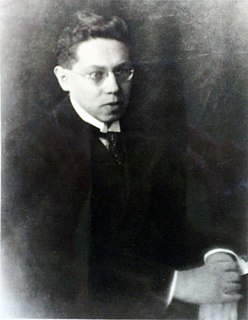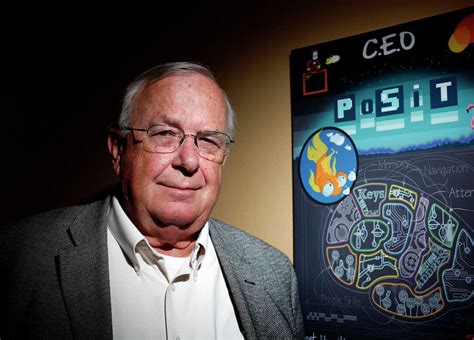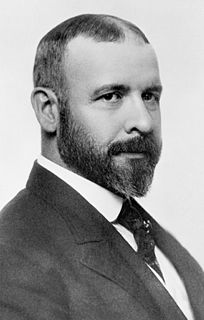A Quote by Lion Feuchtwanger
After closely examining my conscience, I venture to state that in my historical novels I intended the content to be just as modern and up-to-date as in the contemporary ones.
Related Quotes
The Internet is just one of those things that contemporary humans can spend millions of "practice" events at, that the average human a thousand years ago had absolutely no exposure to. Our brains are massively remodeled by this exposure--but so, too, by reading, by television, by video games, by modern electronics, by contemporary music, by contemporary "tools," etc.
In China the struggle to consolidate the socialist system, the struggle to decide whether socialism or capitalism will prevail, will still take a long historical period. However, we should all realize that the new system of socialism will unquestionably be consolidated. We can assuredly build a socialist state with modern industry, modern agriculture, and modern science and culture.
The lessons of the First Amendment are as urgent in the modern world as the 18th Century when it was written. One timeless lesson is that if citizens are subjected to state-sponsored religious exercises, the State disavows its own duty to guard and respect that sphere of inviolable conscience and belief which is the mark of a free people.







































